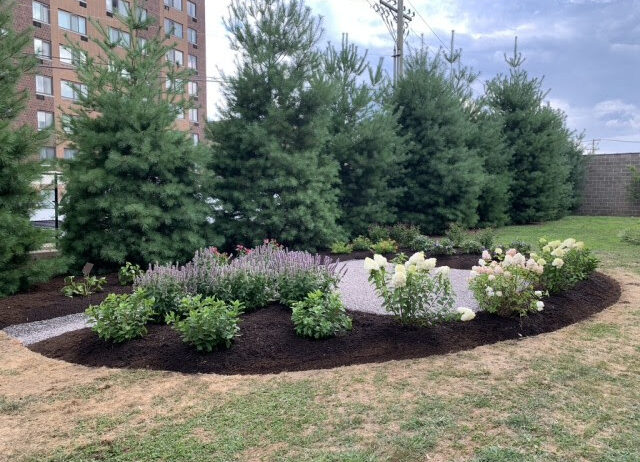by Isabella Fox ’25
Climate Science and Sustainability program is a concentration here at Wyoming Seminary. The four-year program is created for students to study topics in climate science while gaining experience in the field. At the end of the program students will complete a capstone project.
Together all students in the Climate Science and Sustainability program strive towards the game goal, spreading awareness on climate change. “Everything is connected and interlinked and we survive on this planet because it takes care of us, not because we take care of it. When you start to realize that our existence is based on how well the earth is taken care of, it becomes not an issue of nature but an issue of humanity in general.” Mr. McGlinn, the director of CSS, says.
In recent years numerous spaces around campus have been remodeled by students in the CSS program. The most recent spaces remodeled are the pollinator garden and the compost pile.
Climate Science and Sustainability has partnered with Metz, the food service here at Sem, on the compost pile. Metz provides the fruit and vegetable scraps from daily meal preparation to the compost pile, which is located in the back of Maple lot.
The pollinator garden is in the space behind the library & the SLRC. While the pollinator garden makes the space look beautiful- it increases the biodiversity on campus, increases pollination, and provides many learning opportunities for the Sem community. The pollinator garden was first formally announced to the Sem community in a Monday Memo in August of 2022. Since then, the space has hosted many informational sessions as well as fun activities.
With climate change becoming a pressing issue, the importance of raising awareness has become crucial. Mr. McGlinn says “Climate Science and Sustainability is extremely important because climate change and sustainability are the most important issues in the future because they touch so many different aspects of human life”.
This program allows students to not only raise awareness at the Upper School, but the Lower School as well. Mr. McGlinn followed up with “Overall, I’m seeing more and more young people become interested in this issue because they are realizing that it’s a problem that they are inheriting and didn’t necessarily come into the world creating, but they are the ones that are going to need to do something about it. They’re taking responsibility through action.”
